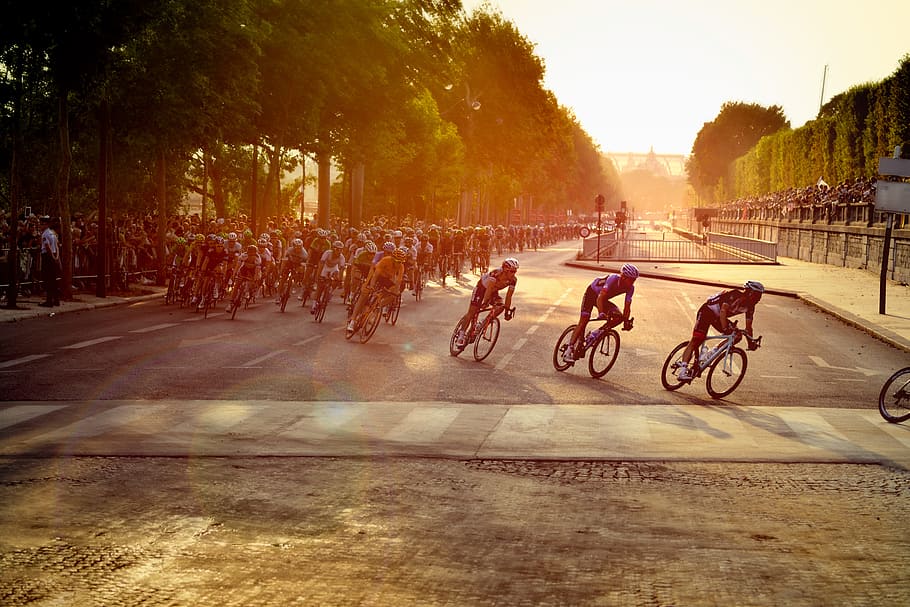Cycling is not just about the bike; it’s about the fuel you put into your body. Proper nutrition plays a pivotal role in enhancing your performance, endurance, and recovery as a cyclist. In this comprehensive guide, we’ll delve deep into the world of cycling nutrition, covering everything from balanced diets to hydration and fueling strategies to ensure you’re powered up for your rides.
The Basics of Cycling Nutrition
Balanced Diet for Cyclists
Achieving peak performance on your bike begins with a balanced diet. Here are the key components of a cyclist’s nutrition:
- Carbohydrates: The primary energy source for cycling. Aim for complex carbohydrates like whole grains, fruits, and vegetables to provide sustained energy.
- Proteins: Essential for muscle repair and growth. Incorporate lean protein sources like poultry, fish, and legumes.
- Fats: Healthy fats, such as those found in avocados, nuts, and olive oil, provide long-lasting energy and support overall health.
- Vitamins and Minerals: Ensure an intake of vitamins (e.g., B vitamins) and minerals (e.g., iron and calcium) to support various bodily functions.
- Hydration: Staying well-hydrated is critical. Water, along with electrolytes, helps maintain fluid balance and prevent dehydration.
Hydration for Cyclists

The Importance of Staying Hydrated
Cycling often leads to significant fluid loss through sweat. Dehydration can impact performance and even be dangerous. Here’s how to stay adequately hydrated:
- Pre-Ride Hydration: Start your ride well-hydrated. Drink 16-20 ounces of water or a sports drink 2-3 hours before cycling.
- During the Ride: Consume 7-10 ounces of fluids every 10-20 minutes, depending on the weather and your exertion level.
- Post-Ride Hydration: Rehydrate after your ride by consuming fluids and electrolytes. Aim for at least 24 ounces for every pound of weight lost during the ride.
Fueling Strategies for Cyclists
Optimizing Energy During Rides
Long rides demand smart fueling strategies. Here’s how to maintain energy levels during your rides:
- Carbohydrate Intake: Consume carbohydrates during rides to replenish glycogen stores. Options include energy gels, bars, and real food like bananas.
- Timing: Aim for regular small meals or snacks every 1-2 hours to sustain energy levels.
- Protein and Recovery: After long rides, include protein-rich snacks like yogurt, nuts, or a smoothie to aid muscle recovery.
Nutrition for Different Types of Cycling
Tailoring Your Diet
The type of cycling you engage in may influence your nutritional needs:
- Road Cycling: Focus on sustained energy with complex carbohydrates and hydration. Energy gels and bars can be convenient options.
- Mountain Biking: For intense off-road adventures, prioritize easily digestible foods and hydration to maintain stamina.
- Competitive Cycling: Racing requires precise nutrition planning, often incorporating carb-loading strategies before big events.
In conclusion, cycling nutrition is the key to unlocking your full potential on the bike. By maintaining a balanced diet, staying well-hydrated, and strategizing your fuel intake, you can optimize your performance, endurance, and recovery. Remember that every cyclist is unique, and experimentation with nutrition strategies during training is essential to find what works best for you. So, as you pedal forward on your cycling journey, make nutrition your ally, and fuel your ride to success!



